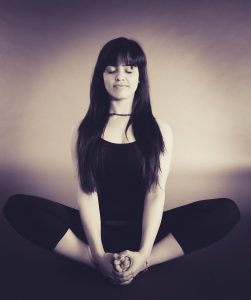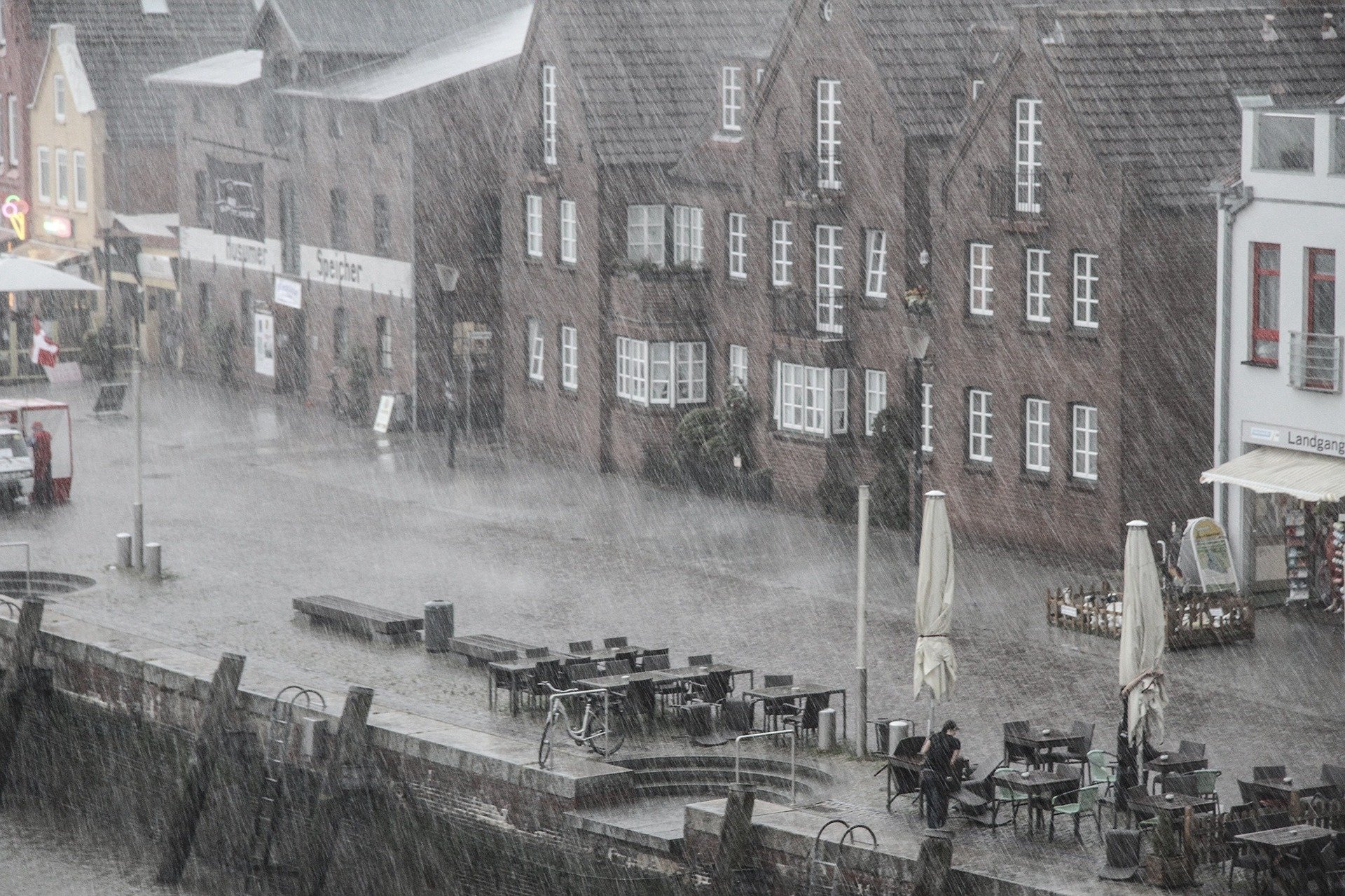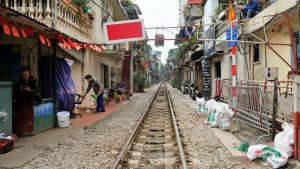My Vipassana meditation retreat was more than just….well meditation. Some of the most important things I learned came directly from the center’s head monk (Buddha Sak)who sat with us for an hour every day to teach us about life our body, and mind. Here is Lesson 1 of the 5 Part Series: Lessons From a Meditation Retreat:
Lesson 1- Close Your Windows
You wake up early in the morning excited for a baseball game that you had in store for the day. There’s only one problem you look out the window and it’s pouring rain. What should you do?
A. Keep looking out hoping your attention will change the weather
B. Join in on your friends’ group chat about how much you hate the rain
C. Close your doors and windows and prevent the rain from damaging your home
D. All of the above

The Answer
We’ve all probably experienced some situation similar to this at some point in our life. In fact, this example is a metaphor for a lot of life moments. The story was used during a Dharma talk to explain the ever-recurring concept of uncontrollable factors in life. The way we choose to handle life’s uncontrollable events has a tremendous impact on our health and well-being.
We all probably know the best course of action to the above question is answer C. But I can tell you most of us, in practice, act like answer D. We might attempt to close our windows but in reality, we are also heavily focused on this miserable thing that is happening to us. We focus on our bad luck, complain about it, and hope that some external non-existent source can change this luck.
Why it Matters
By focusing on the negative side of things, we unknowingly, are damaging our inner workings. In the rain example, by focusing our energy on our misfortune, we make it much more likely that some water seeps through the cracks, enters our home, and damages our ability to live inside of it peacefully. Your mind, when you think about it, is the home of sorts for your life; It is the place you live in for your entire existence. Focusing on what you can’t control in life is like inviting an intruder into your home (brain). Instead of being alert, calm, aware, and strong enough to defend yourself, you now have diverted your mind to other thoughts that will reside in your brain like a parasite.
Small thoughts of anger or worry manifest themselves into 30 minutes of constant replaying of events, which manifests into a mind that is now spending its time staring at this parasite day in and day out. Your number one asset is now weakening you and you don’t even know it.
Buddha Sak said six words during his dharma talk that I’ll never forget. When it rains, close your windows. It’s a simple message but one much harder to practice. Every urge in your body makes you want to complain and bask in this negativity. “How could this be happening right?” “What did I do to deserve this?” I can tell you firsthand if you choose to focus on these kinds of questions, whatever situation you are in will only worsen. Every situation presents two options. The first is focusing on what you can control and the second is focusing on what you can’t.
This concept of bucketing is exactly what Buddha Sak meant with his powerful short story. It is raining. You can’t stop the rain. You can close your windows. A simple and powerful life concept that is much harder to implement than to understand.
So how can you begin living more like this?
How to Implement Lesson 1

1. Meditation: As you will see with most of these lessons, one of the best ways to get your mind to work like this is through meditation. For this lesson, meditation is key because it allows your mind to research itself. During Vipassana Mediation, you are taught to observe and acknowledge any distracting thoughts three times before continuing on. It is a process that feels tedious at first but, over time, allows you to research your mind. You begin to see how your mind deviates and what thoughts it tends to default to. By knowing this you become more aware in your daily life when your mind is focusing on unhealthy and unwanted thoughts.
2. Start Now. Just by reading this article, you might be slightly more aware of your tendencies. Despite knowing what’s right, it is still easy to cave into your mind’s cravings. Even after a week-long meditation retreat, I still find it hard to focus only on controllable things in my life. That being said, your brain will never change overnight. The key is to start now.
3. Self Discipline: The last key is to stick with it. To experience meditation’s impact and benefit, you need patience and discipline. Catch yourself in your acts, commit to meditation, and keep working on strengthening your own house. I can tell you firsthand that your brain, body, and life will thank you for working on this.




Nishil,
As always- Thanks for sharing your thoughts, experiences, suggestions etc…
Absolutely, true and to the point👌
Well said. This is not the time to look back and concentrate on “what was not done by so and so’! Look forward and see “what we can do to make the situation better”
This is a nice read. I have never been to a meditation retreat but I guess I’ll join one when I am out of this lockdown.
This is such an insightful post with a nice example of how we react to uncontrollable factors in our life. Not many people can refrain from complaining and / or blaming others for bad things that happen to them. It is however quite important to focus on things we can do rather than let angry feelings and negative thoughts control us. Meditation helps us to understand this and motivates us to implement more positive actions in our life. Thank you for sharing this post!
Well written. This times have brought out a new person in us. All we can do now is to work through this as believing this to shall pass. I loved reading your post and your perspective on COVID-19.
Sometimes the answers are so simple and obvious yet, we chose to ignore it and go on for venting our frustrations. These actions lead to stress and anxiety, which leads to other health issues or even ruin our relationships. Let the energy flow, and stay on our course. Everything shall pass, just like every heavy rain.
I really loved reading this article. On the question you had asked, I had thought of option C, but later I realised that I would probably have done all of them. It is so easy to blame and criticize others. Only we do not realise that we lose valuable energy in this way. I have never been to a meditation retreat, but I do plan to join one.
I’m definitely guilty of complaining about bad luck so this is a great reminder for me. Especially well-timed given the current situation with COVID-19, like you mentioned. Hope you’re staying safe too!
This is really insightful and an unexpected lesson from your meditation retreat. This can really be applied to our current mindset during these unprecedented times, especially as it is extra pertinent now to not dwell on negativity. We have to strengthen our minds and closing the windows is the first step.
I’ve just recently got more into meditation, and I feel like that’s such a huge thing in terms of being able to truly focus and fight through the noise right now. I appreciate you putting this post together to encourage more people to consider mindfulness.